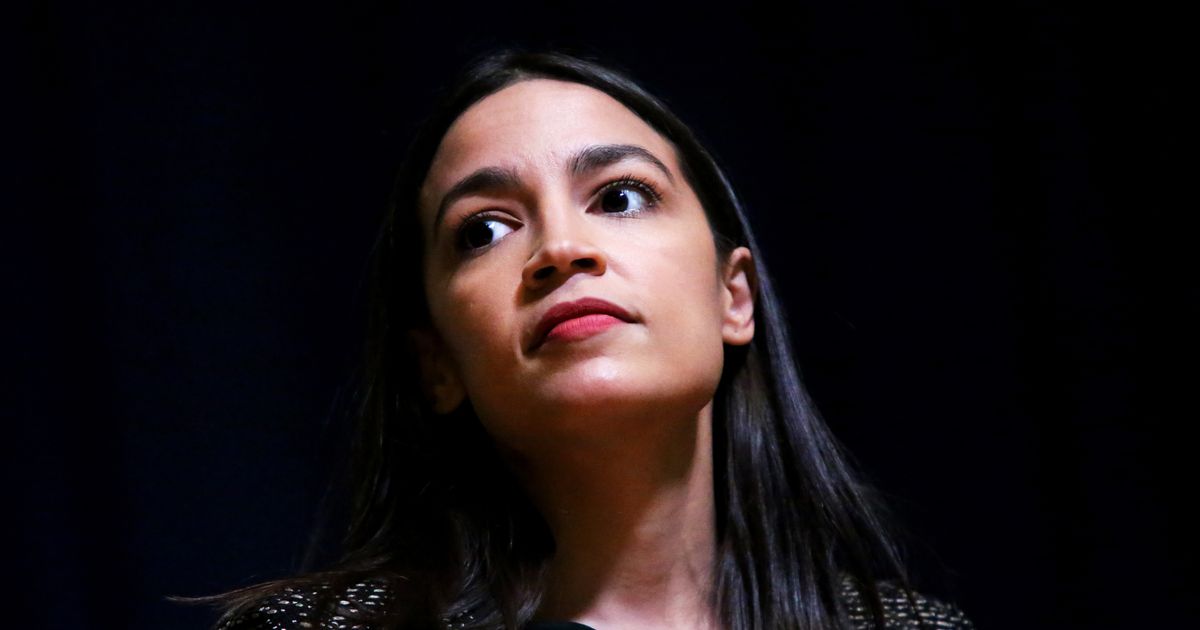- Joined
- Dec 11, 2018
- Messages
- 1,185
- Trophies
- 0
There is no rational basis for believing that forcing a House vote on Medicare for All would have led to the nationalization of the health-insurance industry next year. Nor is there much cause for thinking that it would have turned the Democratic base against its party’s moderate lawmakers by exposing their opposition to single-payer health care. In my estimation, the gambit would have, at best, served to direct media attention toward the cruelties of America’s employer-provided health-insurance system at a time when those cruelties are uniquely difficult to paper over. AOC opted to subordinate the pursuit of such a media spectacle to other aims, such as progressive committee appointments and the elimination of the “PAYGO rule.”
The fact that this decision has earned AOC the enmity of some influential progressive commentators reflects a pathological tendency within a small subset of the U.S. left — namely, a habit of mining anti-political cynicism out of its own naïveté.
If one posits that the strategic wisdom of a political tactic has no bearing on the morality of pursuing it, then whether Dore’s proposal would achieve what he says it would is immaterial. But that’s a strange thing to stipulate! And I’m not convinced that Gray or Kulinski actually believe it. Like most ardent Sanders supporters, they draw their moral fervor from a consequentialist analysis of public policy. Time and again, Berniecrats have accused opponents of universal health care of complicity in preventable deaths, as such loss of life is a predictable consequence of failing to extend health coverage to all Americans. But if Gray and Kulinski are indeed consequentialists, then they should recognize that “strategic justification” is the only measure of a political tactic’s moral worth. If politics is a tool for minimizing needless suffering — rather than a theater for performing one’s personal convictions — then a tactic is only as morally sound as it is likely to succeed. Kulinski appears to be tacitly aware of this: Even as he argues that “strategy talk” is “silly,” he suggests that the definition of morality is “doing everything in your power” to realize your vision of the good. But whether it is in AOC’s power to effect the outcome Kulinski demands is precisely the object of contention! And that question can only be answered by a debate over strategy.
The power of well-heeled interest groups and corporate media to shape public opinion isn’t unlimited. Many left-wing policies have retained their popularity in the face of reactionary coverage. And Democrats have long derived a political benefit from their identity as the party less beholden to the rich and corporations. Nevertheless, the left’s critique of corporate media implies that it is not necessarily irrational for Democrats to believe that antagonizing powerful interest groups might cost them elections. These interest groups can influence Democratic politicians through the mechanism of campaign donations — but they can also influence voter behavior through propaganda campaigns. And on Medicare for All specifically, the health-care industry has demonstrated success in turning voters against the policy.
To acknowledge that public support for Medicare for All is currently fickle — and that Democrats have a rational basis for fearing the policy’s electoral viability — is not to excuse Democratic opposition to universal health care or to embrace “doomerism.” Passing the Affordable Care Act instead of single-payer in 2009 did not spare the Democratic Party short-term political backlash. The ACA was deeply unpopular at the time it was passed, and Democrats suffered historically large losses in the ensuing midterm. The party could have used its brief lease on power to deliver genuinely affordable health care to all Americans. And there is reason to believe that — had it done so — it would have reaped long-term political benefit, even if the immediate backlash cost it congressional control. Instead, the party left tens of millions of Americans bereft of insurance and the power of the heath-care industry undiminished.
Progressives are keen to emphasize this point in certain contexts. We insist that scrutinizing how America’s imperial presence in the Middle East helped inspire a given terrorist action is not to justify the slaughter of innocents, but to seek an understanding of what produces such horror so as to prevent it. Attributing an attack to the metaphysical evil of its perpetrators may be politically useful, but it is analytically bankrupt. Something similar can be said of attributing moderate Democrats’ opposition to single-payer to their personal corruption while ignoring the real electoral disincentives of endorsing the policy in a context where (1) most Democratic primary voters are equally supportive of more incremental reforms, and (2) well-heeled interest groups have demonstrated their capacity to turn general electorates against single-payer by instigating anti-tax panics.
Ignoring the structural obstacles to single-payer’s passage, the fragility of public support for the policy, and the simple fact that people can share political values while earnestly disagreeing about the best way to advance them — all for the sake of declaring Alexandria Ocasio-Cortez an enemy of America’s uninsured — is a sound strategy for ginning up interest in your rant-based YouTube show. But it is also a recipe for converting your politically naïve viewers into anti-political cynics and making the U.S. left as self-deluded and internally divided as corporate America wishes for it to be.

The Left’s Most Naïve Cynics Have Turned on AOC
Left-wing media personalities are calling on House progressives to force a floor vote on Medicare for All — or reveal themselves to be frauds.